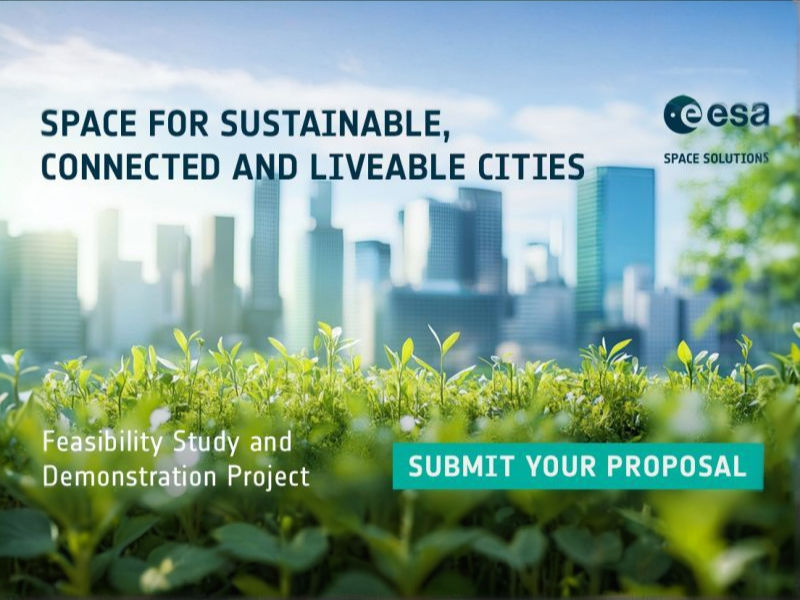SPACE AND CARBON MARKETS: HARNESSING THE POWER OF SPACE TECHNOLOGIES AND CARBON MARKETS FOR A SUSTAINABLE PLANET
- markgoeroeg9
- 3. Jan. 2024
- 1 Min. Lesezeit
CARBON TRADING IS A CORNERSTONE OF INTERNATIONAL CLIMATE CHANGE POLICY, SINCE CARBON MARKETS ARE SEEN AS CRITICAL MECHANISMS TO PROMOTE THE MITIGATION OF GREENHOUSE GAS (GHG) EMISSIONS (PARIS AGREEMENT, ARTICLE 6). WITH REGULATORY AND SOCIAL PRESSURE INCREASING AS THE CONSEQUENCES OF CLIMATE CHANGE INTENSIFY, THE MARKET IS BOOMING.
However, the effectiveness of carbon markets, and the ultimate success of GHG reduction efforts, depend on the credibility of carbon credits: carbon projects need to be reliable, accurate and transparent to ensure that the claimed carbon credits are genuine and accurately reflect the reduction of GHG emissions. Cost-effective tools to verify carbon projects are therefore essential. Space-based technologies harbour strong potential in this field, as satellite images can provide data that is transparent, frequent and covers large areas at low incremental costs.
Forest project monitoring in terms of new trees planted or protected, is one of the main field of applications of space technologies in this context. But space applications in the blue carbon ecosystems sector have also progressed through different technologies (satellite-based navigation communications, and earth observation).





Kommentare